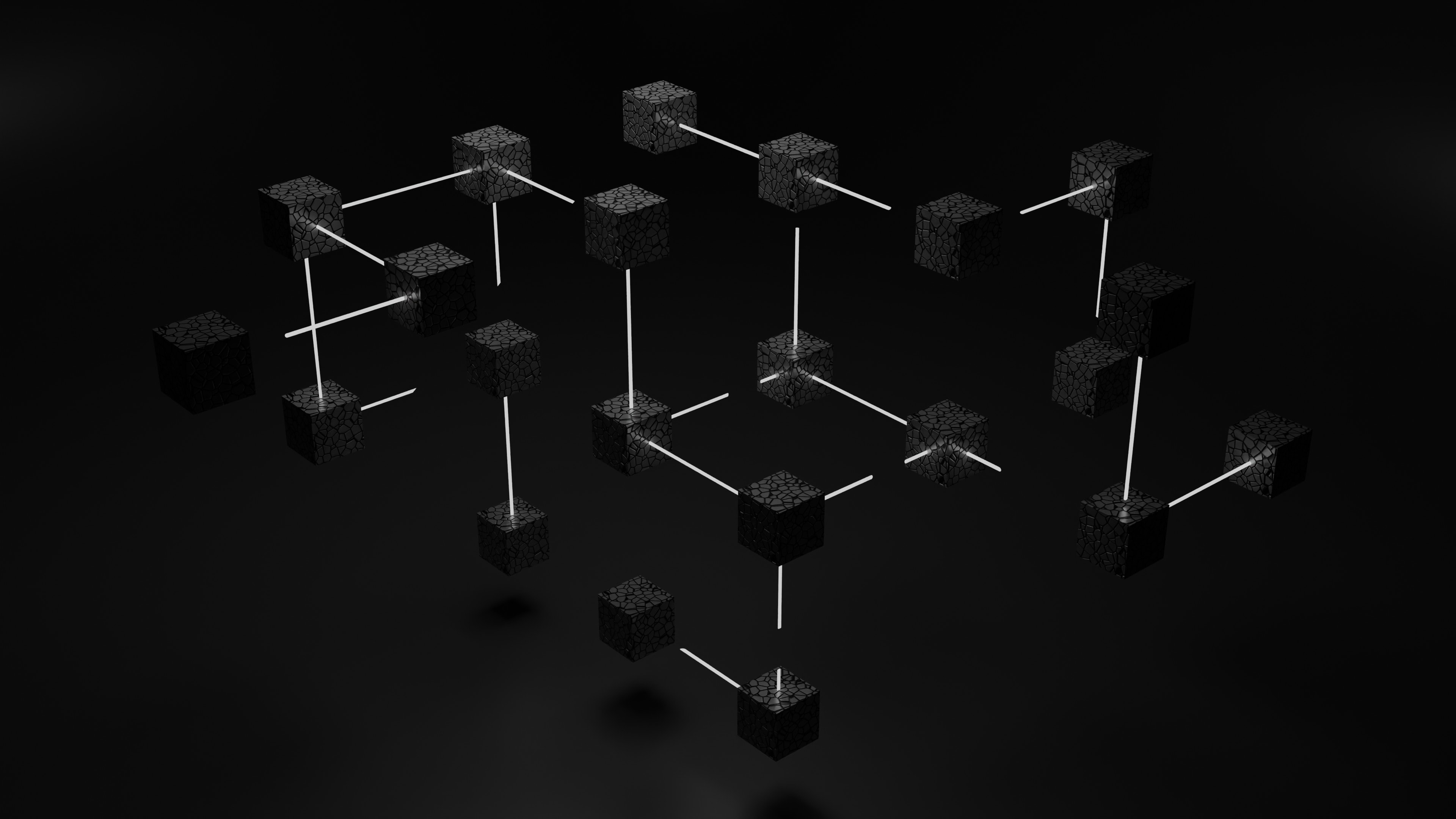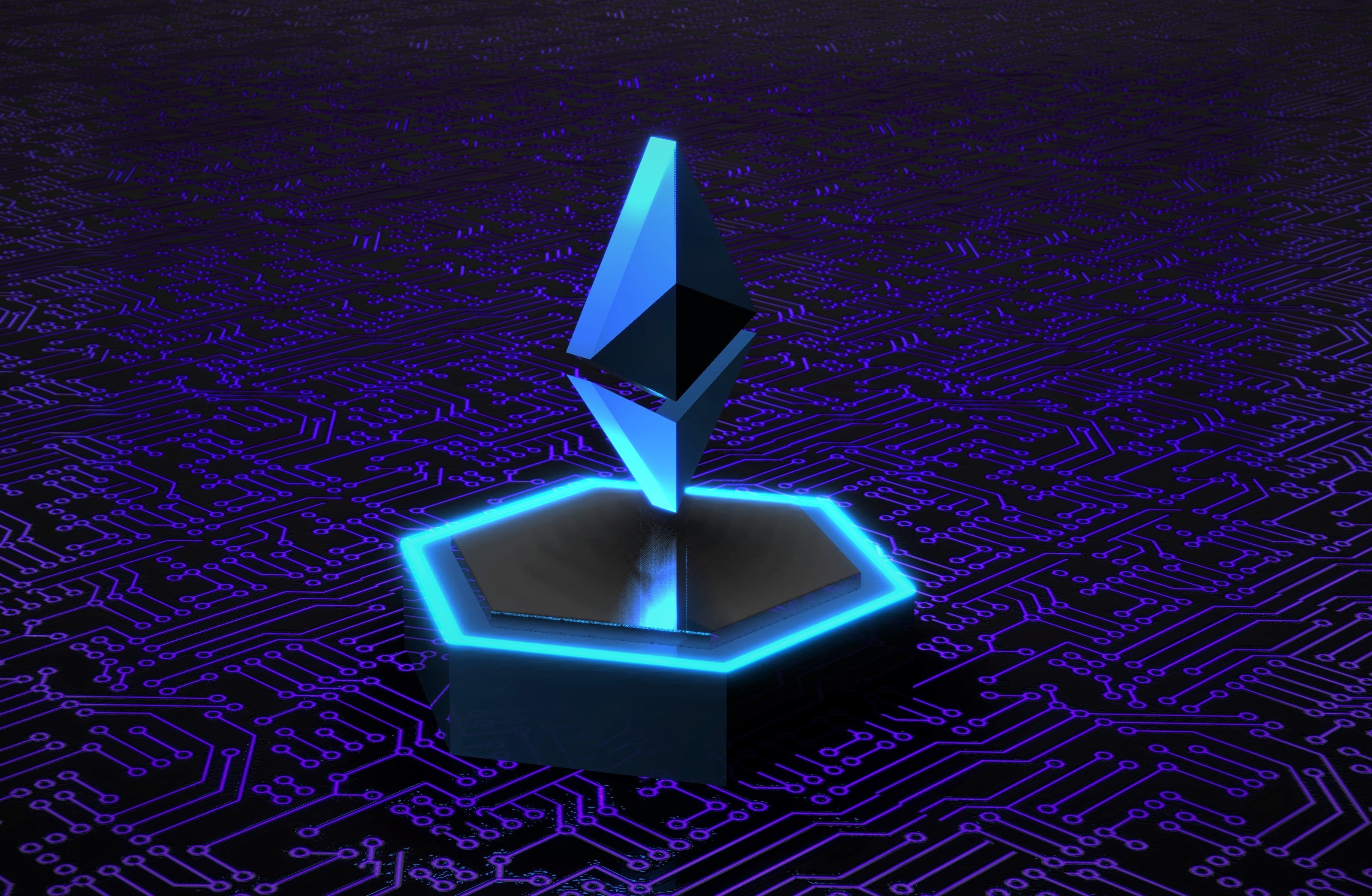Languages To Learn!
![Thumbnail [100%x225]](images/sol.png)
Solidity
Solidity is an object-oriented, high-level language for implementing smart contracts. Smart contracts are programs which govern the behaviour of accounts within the Ethereum state. Solidity is a curly-bracket language designed to target the Ethereum Virtual Machine (EVM). It is influenced by C++, Python and JavaScript. You can find more details about which languages Solidity has been inspired by in the language influences section. Solidity is statically typed, supports inheritance, libraries and complex user-defined types among other features. With Solidity you can create contracts for uses such as voting, crowdfunding, blind auctions, and multi-signature wallets.
![Thumbnail [100%x225]](images/Unofficial_JavaScript_logo_2.svg.png)
JavaScript (often shortened to JS) is a lightweight, interpreted, object-oriented language with first-class functions, and is best known as the scripting language for Web pages, but it's used in many non-browser environments as well. It is a prototype-based, multi-paradigm scripting language that is dynamic, and supports object-oriented, imperative, and functional programming styles. JavaScript runs on the client side of the web, which can be used to design / program how the web pages behave on the occurrence of an event. JavaScript is an easy to learn and also powerful scripting language, widely used for controlling web page behavior.
![Thumbnail [100%x225]](images/Python-Logo-with-turtle.webp)
Python is a high-level, interpreted, general-purpose programming language. Its design philosophy emphasizes code readability with the use of significant indentation.[31] Python is dynamically-typed and garbage-collected. It supports multiple programming paradigms, including structured (particularly procedural), object-oriented and functional programming. It is often described as a "batteries included" language due to its comprehensive standard library
Tools You Need!
-
Smart Contracts.
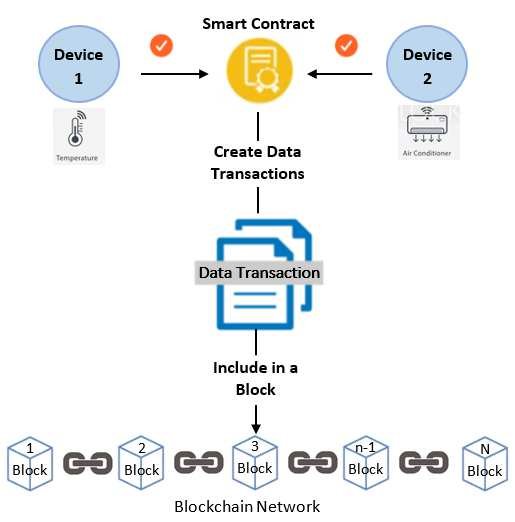
IDE.
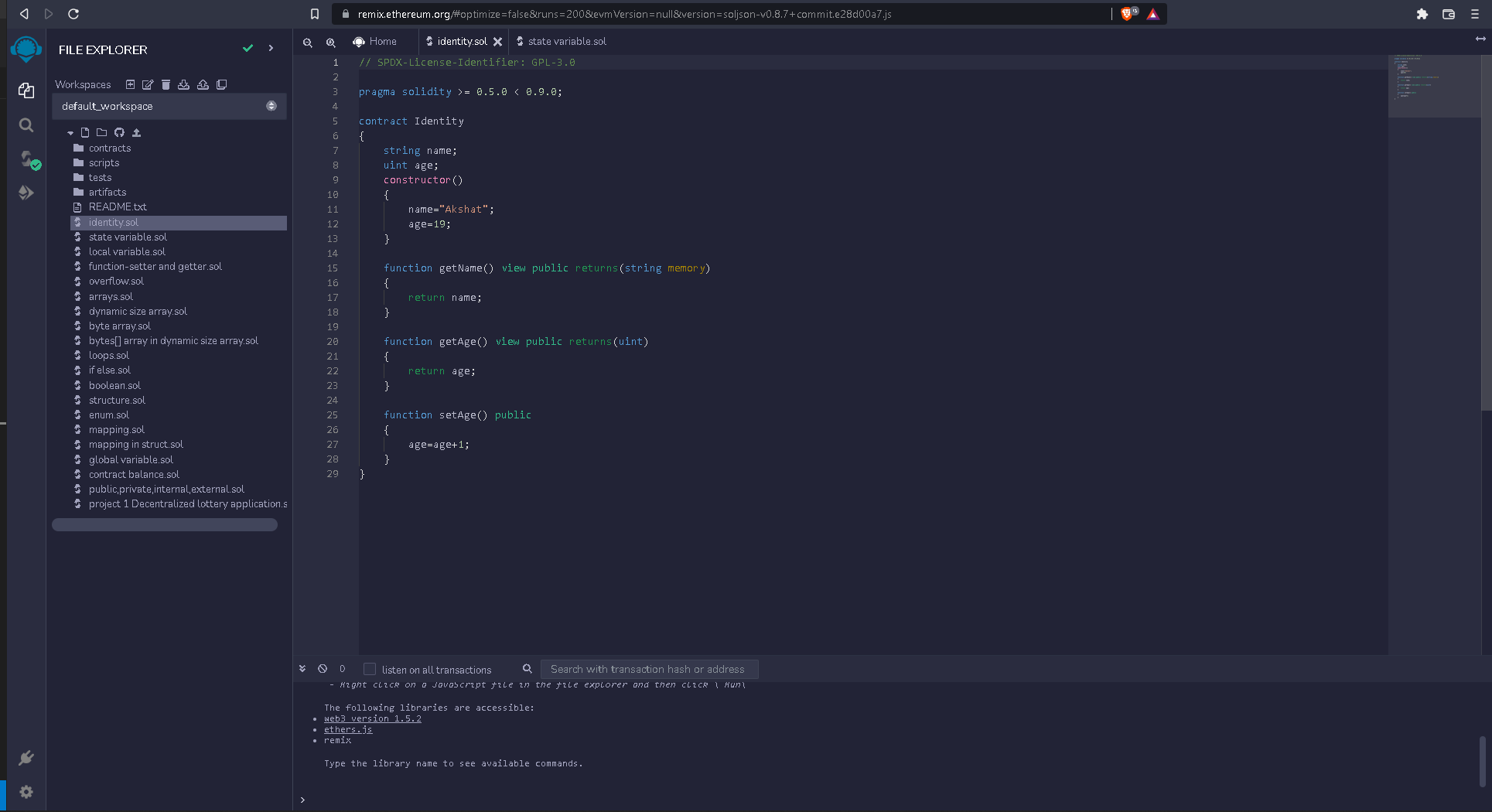
-
Full Stack Applications.
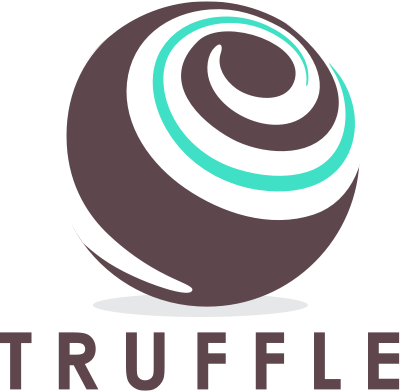
Truffle is a development environment, testing framework and asset pipeline for blockchains
using the Ethereum Virtual Machine (EVM), which makes it easy for a blockchain developer.
With
Truffle, you get:
- Built-in smart contract compilation, linking, deployment and binary management.
- Automated contract testing for rapid development.
- Scriptable, extensible deployment & migrations framework.
- Network management for deploying to any number of public & private networks.
- Package management with EthPM & NPM, using the ERC190 standard.
- Interactive console for direct contract communication.
- Configurable build pipeline with support for tight integration.
- External script runner that executes scripts within a Truffle environment.
For more info Click here
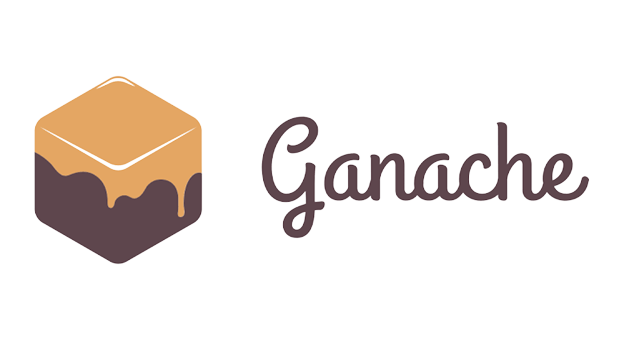
Ganache is a personal blockchain for rapid Ethereum and Corda distributed application development.
You can use Ganache across the entire development cycle; enabling you to develop, deploy, and test
your dApps in a safe and deterministic environment.
Ganache comes in two flavors: a UI and CLI. Ganache UI is a desktop application supporting both
Ethereum and Corda technology. The command-line tool, ganache-cli (formerly known as the TestRPC),
is available for Ethereum development.
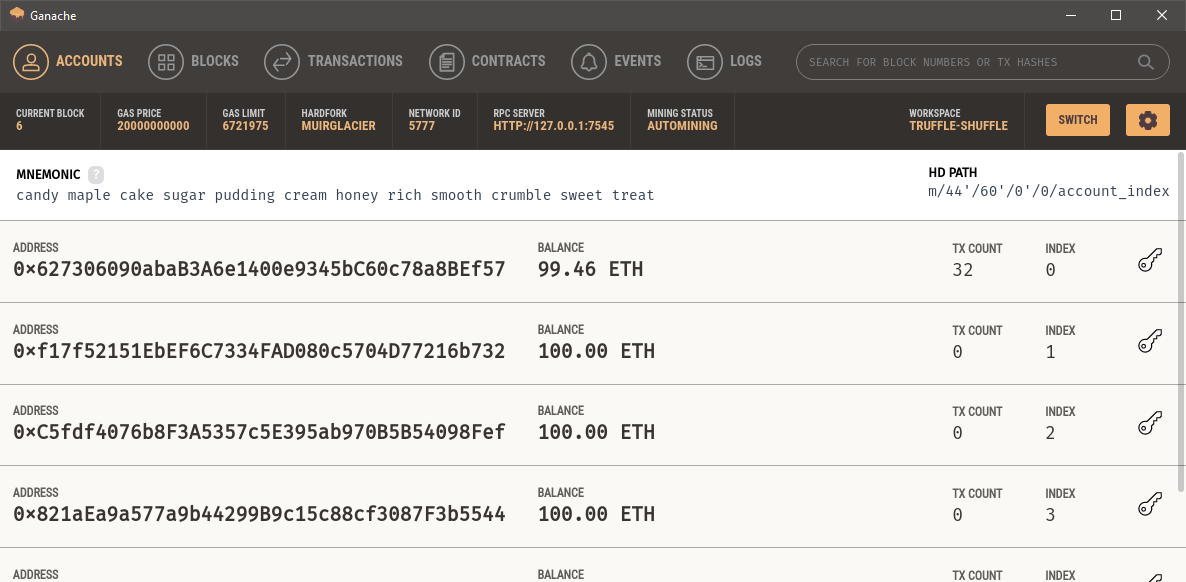

METAMASK
Metamask is an ethereum wallet in your browser
which is an extension for accessing ethereum enabled distributed applications, or "Dapps" in your
browser!
The extension injects the Ethereum web3 API into every website's javascript context, so that dapps
can read from the blockchain.
MetaMask also lets the user create and manage their own identities, so when a Dapp wants to perform
a transaction and write
to the blockchain, the user gets a secure interface to review the transaction, before approving or
rejecting it.
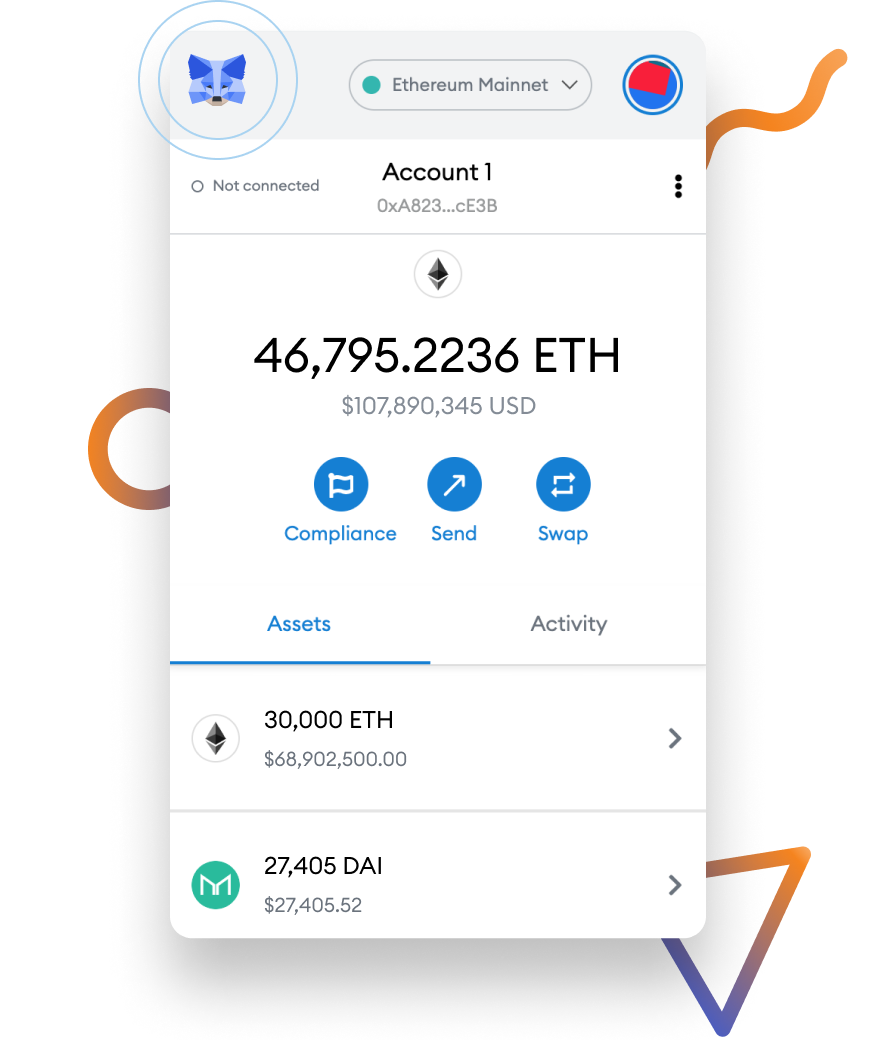
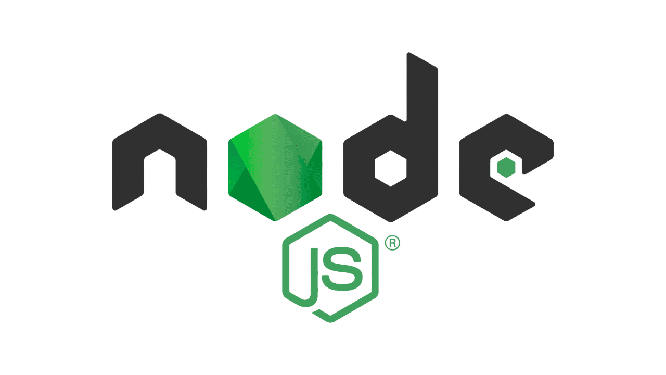
Node.Js
- Node.js is an open source server environment
- Node.js is free
- Node.js runs on various platforms
- Node.js uses JavaScript on the server
- Node.js can generate dynamic page content
- Node.js can create, open, read, write, delete, and close files on the server
- Node.js can collect form data
- Node.js can add, delete, modify data in your database
![Thumbnail [100%x225]](images/react-logo.png)
React.Js
- React, sometimes referred to as a frontend JavaScript framework, is a JavaScript library created by Facebook.
- React is a tool for building UI components
- Instead of manipulating the browser's DOM directly, React creates a virtual DOM in memory, where it does all the necessary manipulating, before making the changes in the browser DOM.
- React finds out what changes have been made, and changes only what needs to be changed.
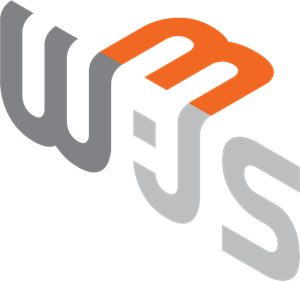
There are a few different aspects to developing blockchain applications with Ethereum:
1. Smart contract development - writing code that gets deployed to the blockchain with the
Solidity
programming language.
2. Developing websites or clients that interact with the blockchain - writing code that
reads and
writes data from the blockchain with smart contracts.
Web3.js enables you to fulfill the second responsibility: developing clients that interact
with
The Etherem Blockchain. It is a collection of libraries that allow you to perform actions
like
send Ether from one account to another, read and write data from smart contracts, create
smart
contracts, and so much more!
Instead of using a jQuery to read and write data from a web server, you can use Web3.js to
read
and write to The Ethereum Blockchain.
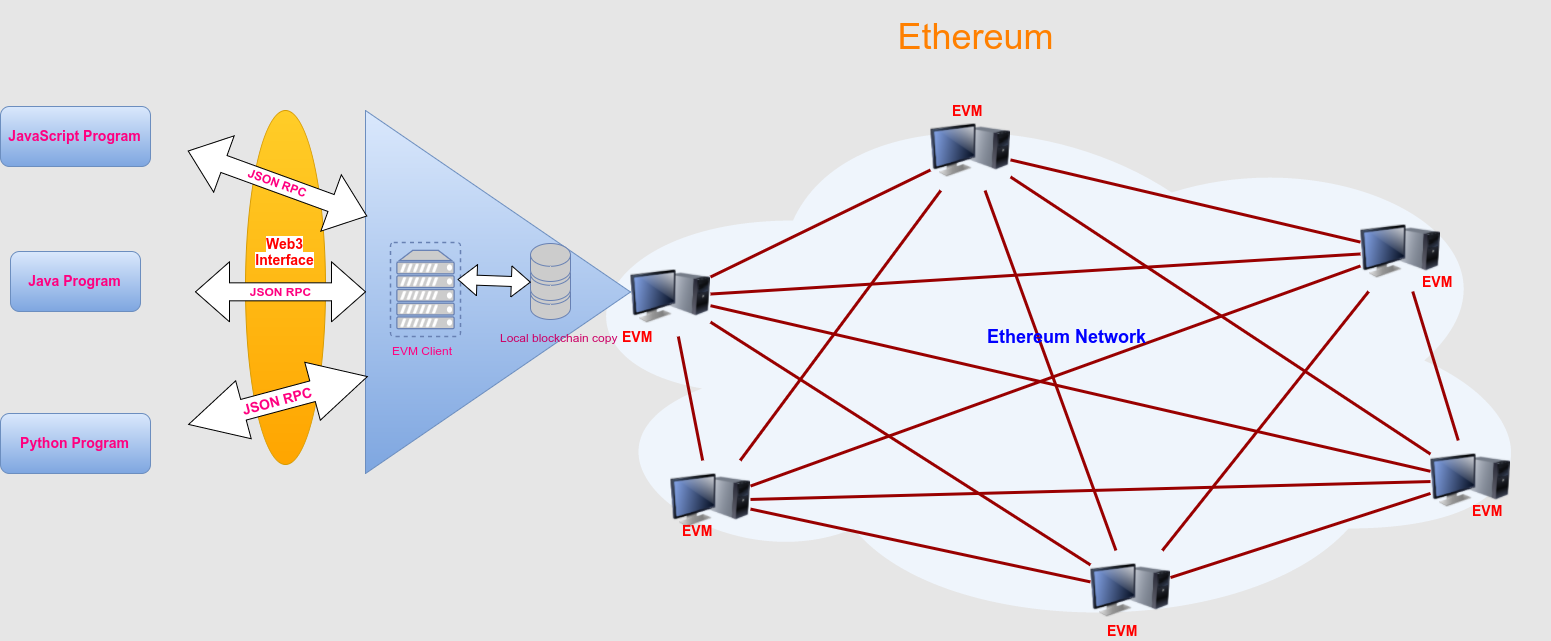
Learing Web development is an essiential skill
to learn not only for
blockchain development but for recruitment in various companies as most of the recruiters look for this
skill in today's world. Web development is an easy to learn,fun and very useful skill one must develop
for the technical world.
The 3 basic skills required to become a web-developer are :
- HTML
- CSS
- Java Script
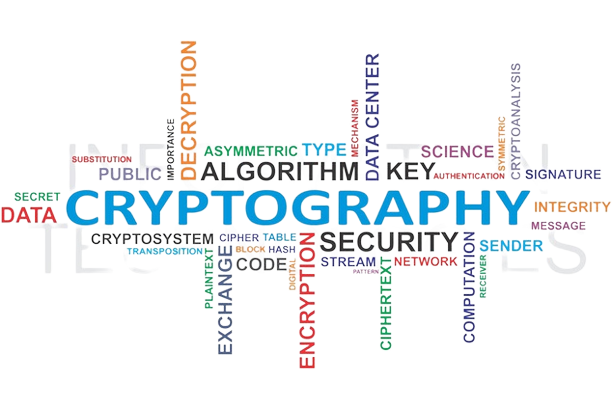
After Learning the above mentioned Languages, Tools & Frameworks you are eligibe to create various
projects and apply for a job.You can also learn about various other blockchain networks like bitcoin,
ethereum, matic, etc. and how they function.
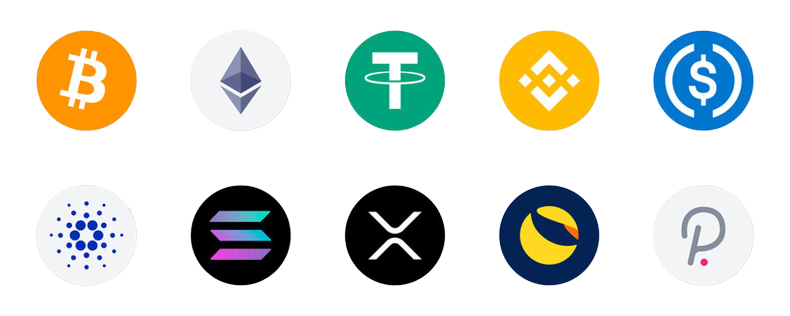
For Tuotrials, follow the links provided in the tutorial dropdown present on the navbar.
All THE BEST on your journey to become a blockchain developer.

